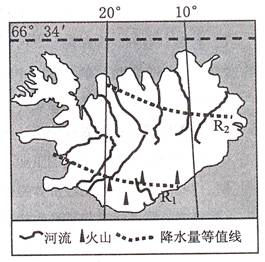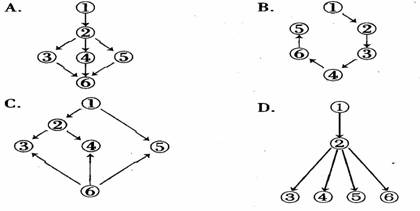Getting less sleep has become a bad habit for most American kids. According to a new survey(调查) by the National Sleep Foundation, 51% of kids aged 10 to 18 go to bed at 10 pm or later on school nights, even though they have to get up early. Last year the Foundation reported that nearly 60% of 7- to 12-year-olds said they felt tired during the day, and 15% said they had fallen asleep at school.
How much sleep you need depends a lot on your age. Babies need a lot of rest: most of them sleep about 18 hours a day! Adults need about eight hours. For most school-age children, ten hours is ideal(理想的). But the new National Sleep Foundation survey found that 35% of 10- to 12-year-olds get only seven or eight hours. And guess what almost half of the surveyed kids said they do before bedtime? Watch TV.
"More children are going to bed with TVs on, and there are more opportunities(机会) to stay awake, with more homework, the Internet and the phone," says Dr. Mary Carskadon, a sleep researcher at Brown University Medical School. She says these activities at bedtime can get kids all excited and make it hard for them to calm down and sleep. Other experts say part of the problem is chemical. Changing levels of body chemicals called hormones not only make teenagers’ bodies develop adult characteristics, but also make it hard for teenagers to fall asleep before 11 pm.
Because sleepiness is such a problem for teenagers, some school districts have decided to start high school classes later than they used to. Three years ago, schools in Edina, Minnesota, changed the start time from 7:25 am to 8:30 am. Students, parents and teachers are pleased with the results.
25. What is the new National Sleep Foundation survey on?
A. American kids’ sleeping habits. B. Teenagers’ sleep-related diseases.
C. Activities to prevent sleeplessness. D. Learning problems and lack of sleep.
26. How many hours of sleep do 11-year-olds need every day?
A. 7 hours. B. 8 hours. C. 10 hours. D. 18 hours.
27. Why do teenagers go to sleep late according to Carskadon?
A. They are affected by certain body chemicals.
B. They tend to do things that excite them.
C. They follow their parents’ examples.
D. They don’t need to go to school early.
答案
【解析】
试题分析:本文属于议论文,首先用数据告诉我们美国孩子的睡眠状况堪忧,接着告诉我们孩子在不同年龄段需要的睡眠时间不同,然后分析了孩子晚睡的原因,最后介绍了一些学校为了让孩子们有更多的睡眠时间而推迟了上课的时间。

27. B 【解析】细节理解题。根据第三段"She says these activities at bedtime can get kids all excited and make it hard for them to calm down and sleep"可知她认为孩子们睡觉晚的原因是他们会在睡前做一些让他们兴奋的活动,故选B。
【名师点睛】
本文属于议论类短文,所考查的三道题均为细节题中的直接理解题。细节事实理解题主要考查考生对文章中某一些特定细节或文章的重要事实的理解能力。它一般包括直接理解题和语义理解题两种。直接理解题的答案与原文直接挂钩,从阅读材料中可以找到。这种题难度低,只要学生读懂文章,就能得分,属于低层次题。
在阅读中可以使用定位法与跳读法解决直接理解题。定位法即根据题干和选项所提供的信息直接从原文中找到相应的句子(即定位),然后和选项进行比较和分析(尤其要注意一些同义转换),从而找出正确答案。跳读法即根据题干和选项所提供的信息跳读原文,并找到相关的句子(有时可能是几个句子)或段落,然后进行分析和推理等找出正确答案。
以本文26题为例,我们根据题干中"How many hours of sleep do 11-year-olds need every day"(11岁的孩子每天需要多少小时的睡眠时间)直接定位到第二段第四句For most school-age children, ten hours is ideal(理想的),由此可知上学的孩子的理想睡眠时间是10个小时,故选择C项。
考点:考查议论文阅读


